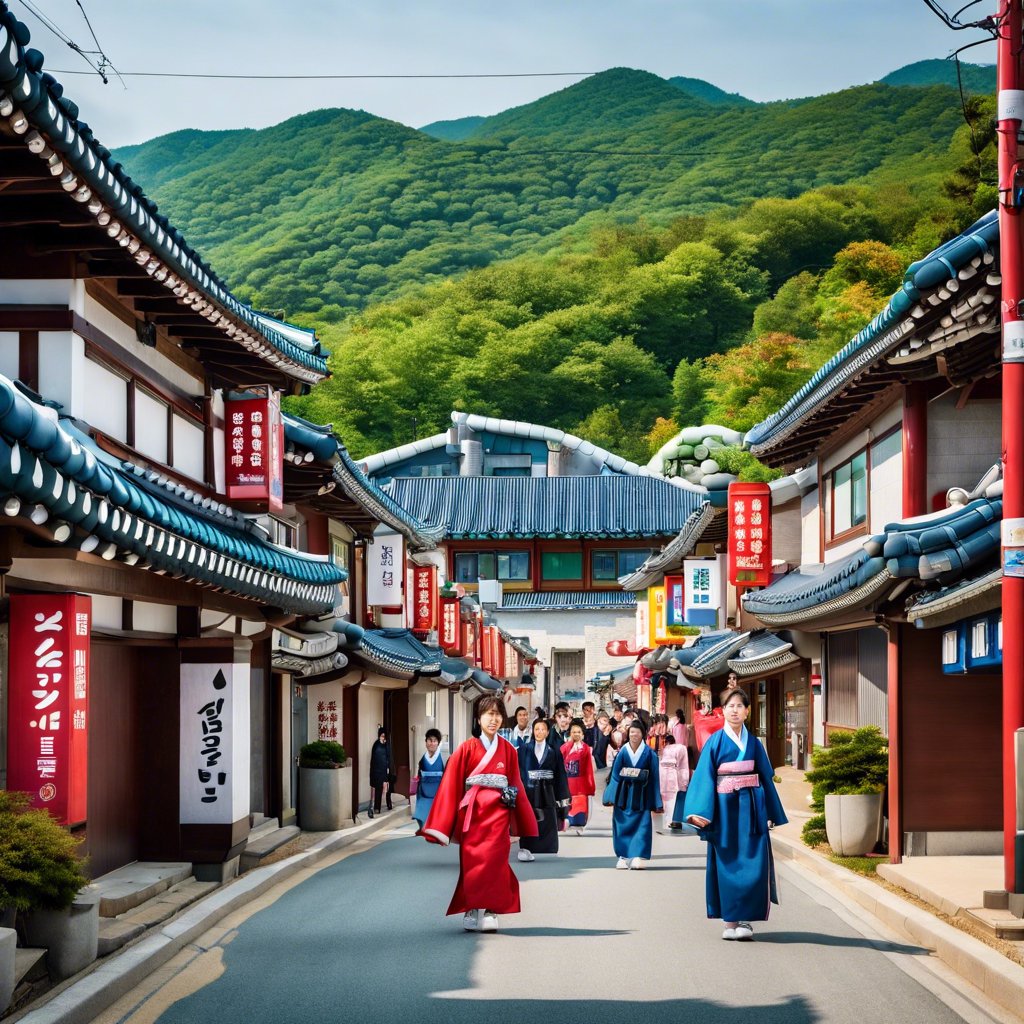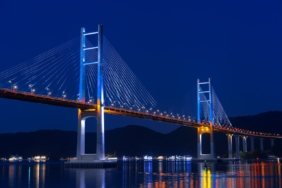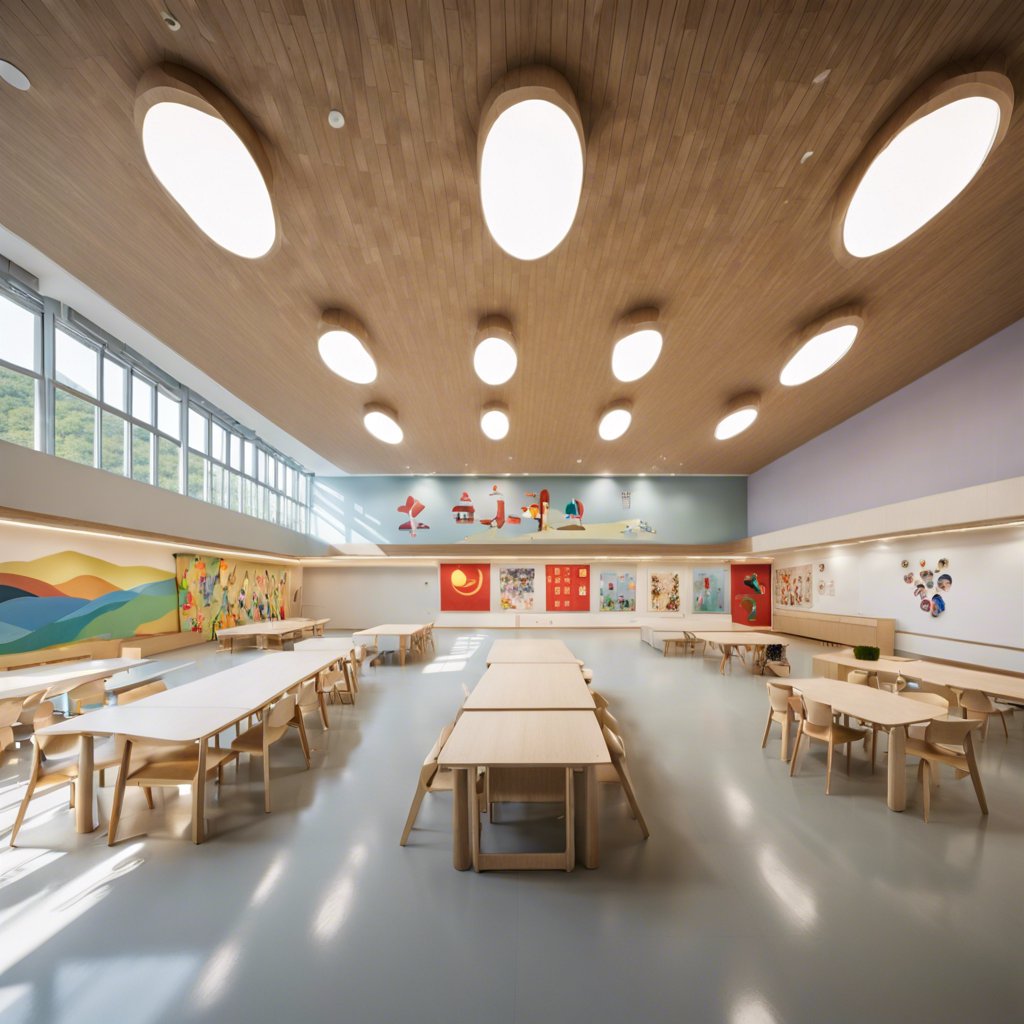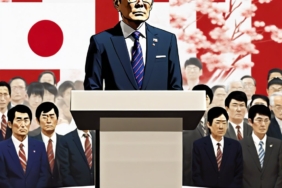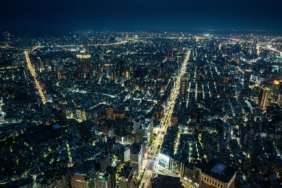The Decline of Jecheon and a Unique Proposal for Revival
Over the years, the nearby mines have gradually shut down, leading to a significant decline in local industry. The once-thriving cement business, which had been a source of pride for the city, has also diminished. This downturn has had a profound impact, leading to the closure of more than a dozen schools and the shuttering of one of the two movie theaters in the area. Eventually, the second theater would succumb to the same fate.
By the time Kim Chang-gyu returned to Jecheon, South Korea, after spending four decades abroad, he found his hometown resigned to its fate of decline. The city center was marked by vacant storefronts, and local business owners expressed deep concerns over the challenges of finding workers. Like many other small cities in South Korea, Jecheon, nestled between two mountain ranges, is grappling with the dual pressures of an aging population and alarmingly low birth rates.
In response to these challenges, other shrinking cities have attempted various strategies, such as offering financial incentives to newlyweds or providing free housing to families with school-aged children. However, Mr. Kim, a retired diplomat, sought inspiration beyond the conventional approaches. He turned his gaze toward Central Asia, home to an estimated half a million people of Korean descent who have resided there for nearly a century.
Mr. Kim envisioned that by convincing enough of these former Soviet Koreans to relocate to Jecheon, which currently has a population of 130,000 and is continuing to shrink, he could help lay the groundwork for a more prosperous future. The ancestors of these individuals left the Korean Peninsula over a century ago, migrating to the eastern fringes of Siberia. In a significant historical event in 1937, the Soviet Union, under the leadership of Joseph Stalin, forcibly rounded them up and deported them to regions now known as Uzbekistan, Kazakhstan, and Kyrgyzstan.
Mr. Kim believes that, despite the erosion of language and historical ties over the generations, these former Soviet Koreans may be more readily accepted in South Korea than other migrant workers. This acceptance is crucial in a country that places a strong emphasis on blood ties and heritage, and he hopes it will foster a sense of community and revitalization in Jecheon.
